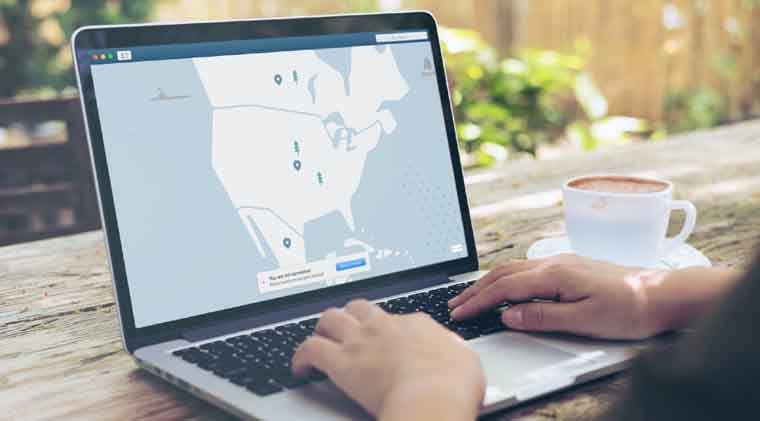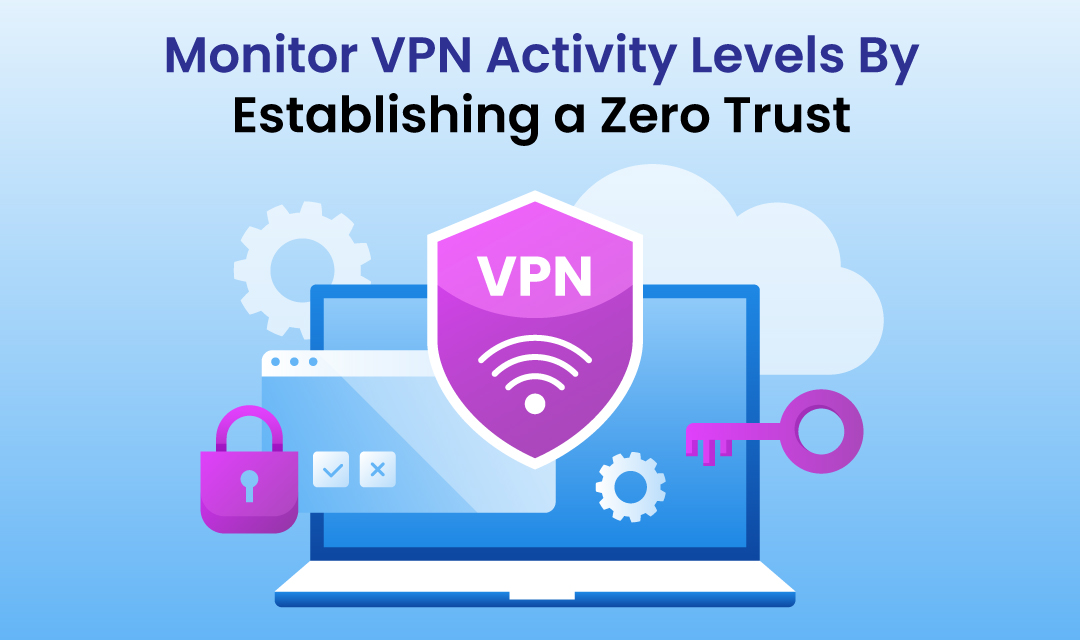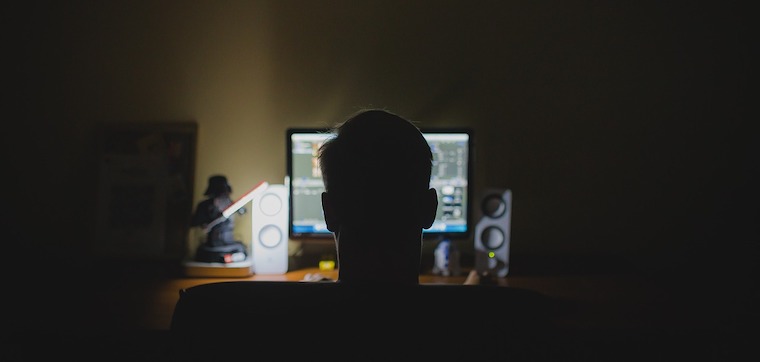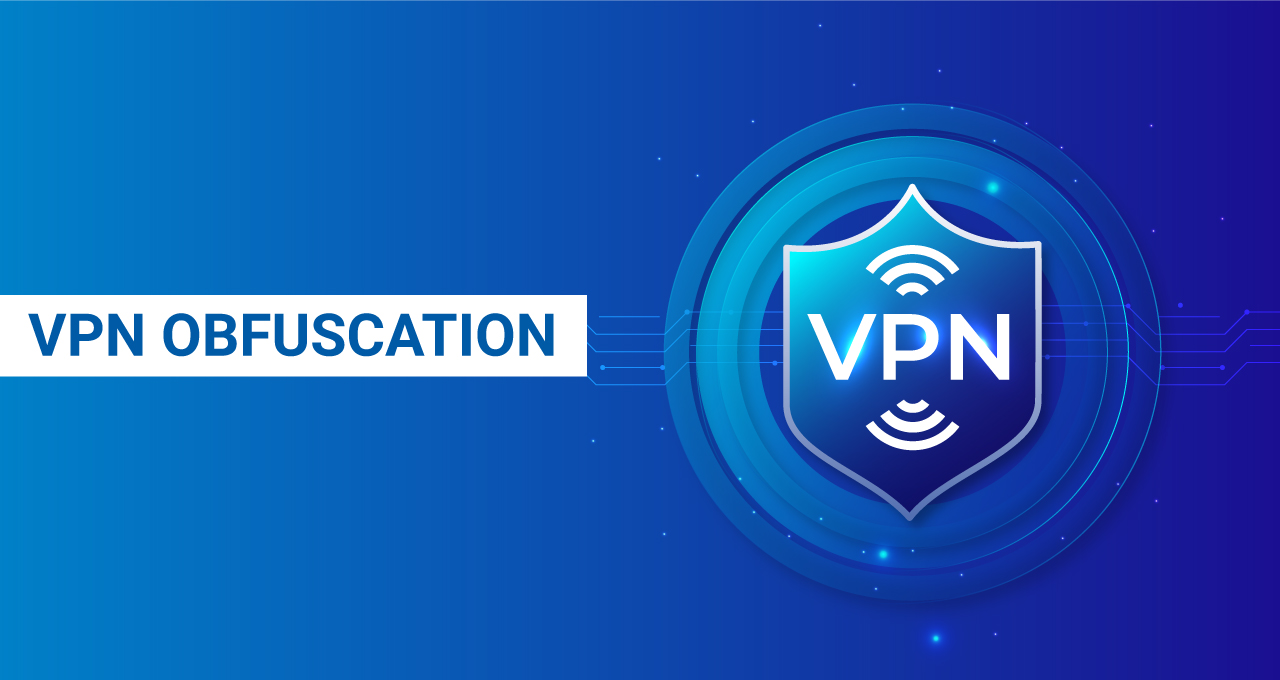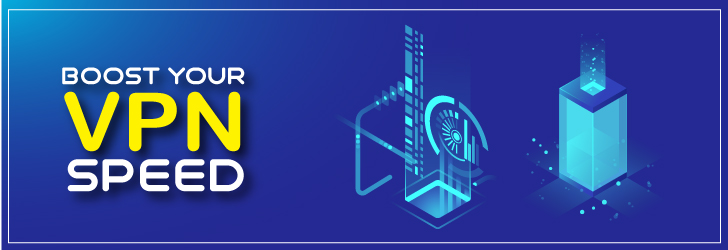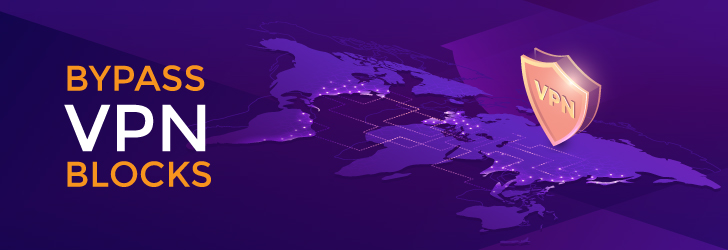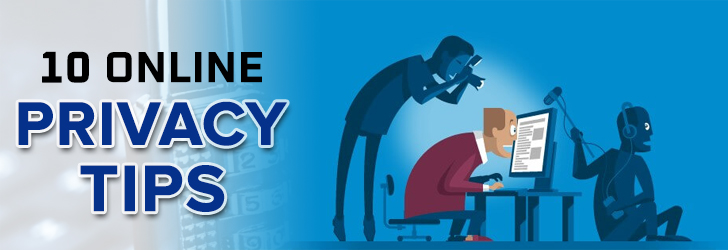
In today's digital age, it is more important than ever to maintain a high level of security. With hackers and cyber criminals constantly looking for new ways to exploit vulnerabilities, keeping your systems and data safe is crucial. One way to maintain your privacy and safety is using a VPN (Virtual Private Network).


